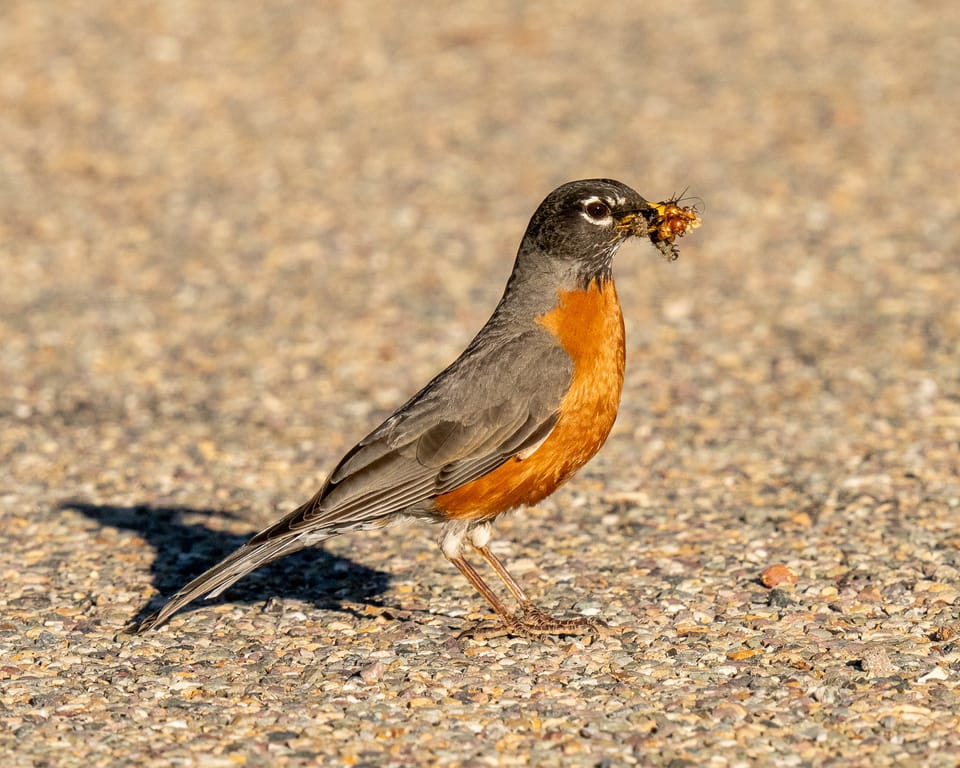EcoWest News, July 2, 2024

Welcome to EcoWest News, a weekly round-up of news and resources that you can put to use in addressing environmental issues and protecting the wild in your community.
Across the West
Some 6.5 million litres of oil, saltwater, and other petroleum products have spilled from Manitoba pipelines since 2008, demonstrating an urgent need for greater government regulation and oversight. [The Narwhal]
The Beyond Profit: Seeking Sustainability documentary showcases 3 Winnipeg businesses aiming beyond strictly financial profit. [U Manitoba]
The 2024 Alberta Watercourse Crossing Guidebook is available for download and showcases practices that help ensure fish passage, prevent sedimentation, and allow for aquatic health and proper water flow. [AWCCC]
Scaling up LNG exports from fracking in the Montney basin that straddles BC and Alberta will almost certainly jeopardize local water resources, species habitat, and the country’s efforts to meet climate targets. [The Tyee]
A proposed frac sand mine in northern BC would affect air and water quality, create carbon emissions, disturb wildlife, and involve 55,000 truck trips per year. [The Narwhal]
The Native Bee Council of BC has partnered with the City of North Vancouver to provide baseline data on native bees while also supporting the newly launched BC Bee Atlas. [BC Native Bees]
The greatly expanded Klinse-Za / Twin Sisters Park will protect 170,000 hectares of habitat for endangered caribou in BC’s northeast. [CPAWS-BC]
No bears have been killed in Port Moody since 2021, earning it a spot as 1 of only 11 Bear Smart Communities in BC. [CBC]
Across Canada
Drought, aging infrastructure, and high water consumption are threatening municipal water supplies. There is a need to reduce water usage (outdoor water schedules, varying rates) and conserve water (watershed protection, collecting rainwater). [The Narwhal]
The health of urban honey bees provides clues as to how we can improve the urban environment for all pollinators: cleaner transportation, a ban on pesticides, and more bee-friendly plant species. [The Conversation]
Around the World
Carbon emissions created by traditional cement can be reduced by using different ingredients or through carbon capture and storage. [Sustainability by Numbers]
Frostbite: How Refrigeration Changed Our Food, Our Planet, and Ourselves by Nicola Twilley outlines how the cold chain has changed our diet, kitchens, shopping habits, and highways as well as contributing to GHG emissions. [Carbon Upfront!]
A look at how Indigenous and other communities have shared collective resources such as seeds, wetlands, and pastures rather than relying on private ownership. [The Dirt]
Solo runners and small, quiet groups of people have little impact on wildlife, but chatty hikers upset wildlife even more than off-road vehicles. [Anthropocene]
DIY
How to throw a summer party without plastic waste: make it easy and offer a reward. [CBC]
Are your clothes really dirty? Probably not, so save energy and reduce microplastics by not doing laundry quite so often. [Anthropocene]
Photography
Support ocean conservation. Buy a print by one of the world’s best photographers and artists. [100 For The Ocean]
Flickr has joined 1% for the Planet, a coalition of businesses who donate 1% of all sales, not just profits, to support verified environmental causes and organizations. Photographers are invited to share their conservation and biodiversity photos with Flickr for the Planet. [Flickr]
Nature’s Wonders
The fabulously diverse ways that sea anemones reproduce, from asexual reproduction to brooding in their mother’s digestive cavity. [The Marine Detective]
The top 100 shots from the Audubon Photography Awards. [Audubon]
Photo credit: https://www.flickr.com/photos/apmckinlay/53789830685/
EcoFriendly West informs and encourages initiatives that support Western Canada’s natural environment through its online publication and the Nature Companion website/app. Like us on Facebook, follow us on Twitter or Mastodon, or subscribe by email.

Member discussion